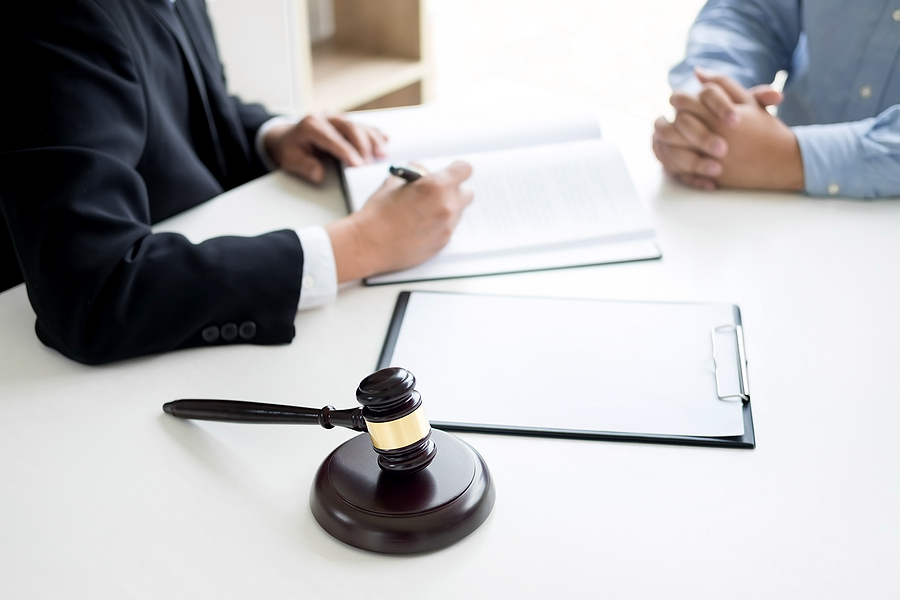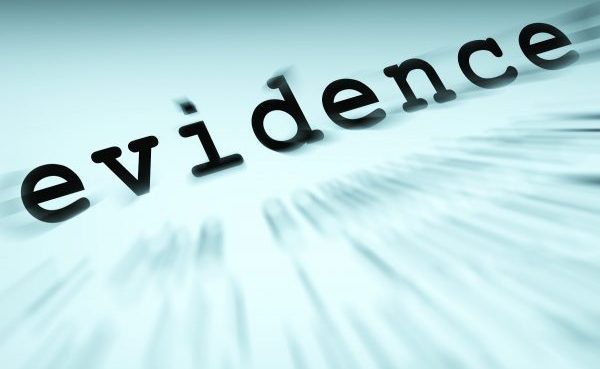The criminal justice system can be daunting for anyone facing charges, but understanding the process is key to mounting a strong defense. One of the most crucial stages in a criminal trial is the discovery phase. In this blog post, we’ll reveal what the discovery phase is, what it entails, and why it is vital for both the prosecution and the defense. Whether you’re involved in a criminal trial or just interested in the complexities of the legal system, this guide will provide a deep insight into a crucial aspect of the process.

The Progression of the Discovery Phase in a Criminal Trial
The discovery phase is an essential part of the pre-trial process in which both the prosecution and defense disclose evidence that is relevant to the case. It’s a stage where the truth begins to come to light and where the foundation for the trial is often set.
Who’s Involved?
The key players in the discovery phase include the prosecutor, or Assistant District Attorney (ADA), and the defense attorney, often accompanied by the defendant. Together, they work through the discovery process in a way that complies with the legal statutes pertaining to such disclosure.
Why Does it Matter?
For the prosecution, the discovery process assists in building a solid case, ensuring that all necessary evidence is gathered, and the case can proceed to trial with as few surprises as possible. On the flip side, the defense depends on the discovery phase to understand the allegations against their client and to gather evidence and testimony that could exonerate them.
Types of Evidence Disclosed in Discovery
In a criminal trial, several types of evidence must be disclosed as part of the discovery process. These generally include:
Material Evidence – This includes any evidence that may be used at trial, such as physical objects or documents that are relevant to proving or disproving the offenses charged. This could range from DNA samples to security camera footage.
Witness Statements – Any witness who has provided a statement to law enforcement that may be used at trial must have their statements disclosed to the defendant. It is crucial for the defense to know the details of these statements to prepare proper cross-examination techniques.
Expert Witness Disclosures – Any experts who may be called to testify by the prosecution or defense need to be disclosed. This allows the opposition to fully assess the credibility and weight of opposing testimony.
Defendant’s Statements – The defendant’s own statements are often used in discovery and can be some of the most important evidence in a case. It’s crucial for the defense to fully understand the nature of any statements made by their client to law enforcement or others involved in the case.
The Importance of the Discovery Process
The discovery process serves several critical purposes in the criminal trial process:
Ensuring a Fair Trial
By disclosing all evidence and information that will be used at trial, the defendant is given the opportunity to properly defend themselves. This is a fundamental part of ensuring that justice is served and that the defendant’s constitutional rights are protected.
Opportunities for Case Evaluation and Negotiation
The discovery phase often provides a chance for both parties to evaluate the strength of the case. This can lead to negotiations for plea bargains or settlements, potentially circumventing the need for a trial.
Building a Solid Defense or Prosecution
For the defense, the discovery process is where a significant amount of work for the trial is done. It allows the defense team to gather evidence, secure witnesses, and create a compelling defense strategy. For the prosecution, it provides insight into what they are up against and can guide in securing the most important and admissible evidence for trial.
Navigating the Discovery Process
Understanding how to handle the discovery process can be daunting. This is where a knowledgeable criminal defense attorney is indispensable.
The Role of a Criminal Defense Attorney
A criminal attorney is not only experienced in navigating the complexities of discovery but also knows how to use it to their client’s advantage. They work diligently to gather the necessary evidence and understand the implications of the evidence disclosed by the prosecution.
Defendant Advice for Discovery
Defendants should always follow the advice of their attorney concerning the discovery process. It is important to be as forthcoming as possible with your legal counsel to ensure they have all the necessary information to mount an effective defense.
Key Takeaways
The discovery phase is the heart of any criminal trial. For the accused, it can mean the difference between freedom and a criminal conviction. By understanding this crucial phase, you can take an informed and active role in your defense or show support for those navigating the treacherous waters of the criminal justice process.
If you or someone you know is involved in a criminal trial, seeking legal advice should be a top priority. Contact the Law Office of David E. Lewis at 317-636-7514 to book an appointment with an experienced criminal defense attorney in Indianapolis, Indiana. We will get the best possible outcome for your criminal case!
Related Posts:
How to Navigate the Criminal Court Process as a First Time Defendant
The 6 Stages of an Indiana Juvenile Case
Due Process Explained: How the Fourteenth Amendment Shapes Law


